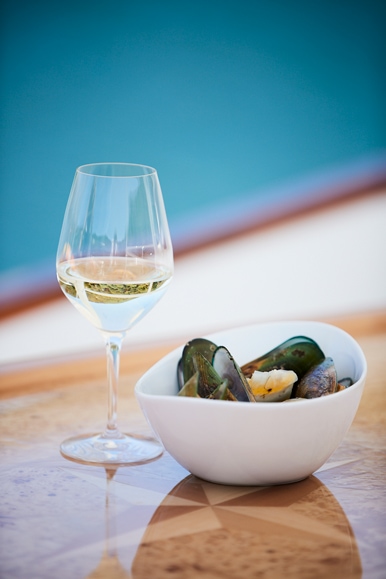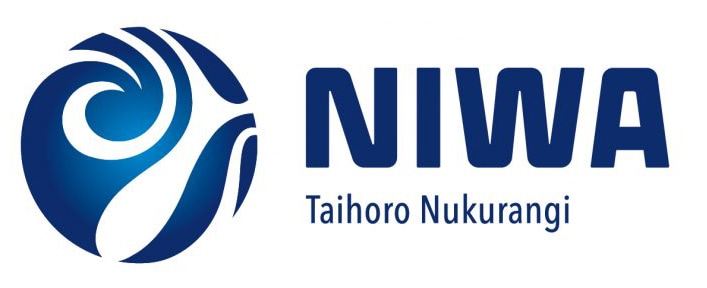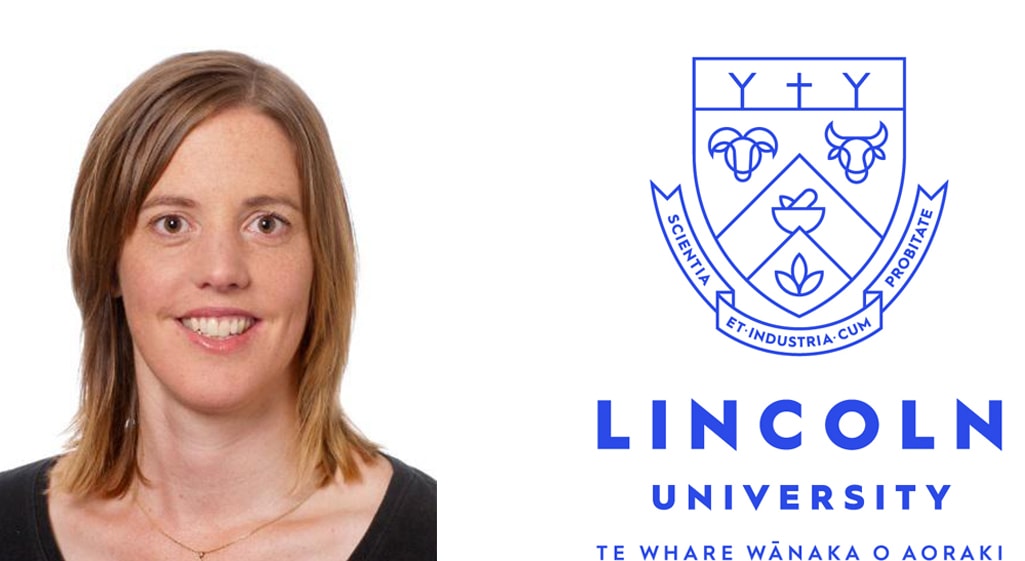Applications for the 2025 Invitation for Research Proposals are now closed.
Bragato Research Institute is inviting Expressions of Interest (EOIs) to undertake new research projects with wide benefits for the New Zealand wine industry. The funding for these new projects will be provided by BRI through the New Zealand Winegrowers levy.
BRI has recently refreshed its Research Strategy; some of you may have provided input into this via the industry-wide survey which went out last November. A further strategy workshop was held in February. From this, BRI has identified seven research Priority Outcomes, and mapped current research against those outcomes to reveal gaps which will be prioritised through the EOI process.
Priority Outcomes
New innovative wine products *Priority
Research that aims to provide winemakers with new winemaking additives, innovative techniques and/or new technology that will improve wine quality and/or winery productivity, while retaining wine quality through to the consumer. This could encompass research that supports the development of new product streams such as NOLO and DRV, or bulk shipment improvements.
Improved grape and wine circularity *Priority
Research that adds value to winery and/or vineyard waste streams through reduction of waste and/or the creation of secondary products. Research supporting the ‘Roadmap to Net Zero’, e.g. reduction of carbon footprint or the development of new and improved sustainable packaging solutions.
Improved vine productivity and grape quality
Research that ensures New Zealand vineyards are highly productive and efficient, while maintaining premium grape quality. This includes efforts to reduce seasonal variation or disassociate relationships between vineyard yield and wine quality, as well as efforts to improve vineyard longevity.
Enhanced plant genetic resilience against environmental challenges
Research that will provide growers with premium vines that are inherently better suited to anticipated environmental challenges. Specifically, this includes increased disease and frost resistance, improved water use efficiency, and the ability to express iconic typicity under future climate conditions. It also includes reduced susceptibility to known biosecurity threats not currently endemic to New Zealand.
Advanced vineyard efficiency and agritech adoption
Developing innovative growing systems to improve vineyard productivity and profitability while maintaining or improving wine quality. Where there is still a research knowledge gap to address this could mean trialling, testing, and validating new technology and machinery (start-ups or new to wine) to improve vineyard management effectiveness and efficiency.
Improved soil health and protecting water quality and supply
Research that delivers management tools to help improve soil organic matter, fertility, water holding capacity and biodiversity. Research that identifies techniques to manage water use more effectively in vineyards and wineries while protecting existing water resources and quality.
Reducing chemical inputs and adoption of biological control solutions
Research that allows winegrowers to achieve sustainability targets by reducing spray applications, while maintaining productivity and quality. This includes vines with enhanced pathogen tolerance, targeted and sustainable novel technologies, systems and models for more efficient disease management, and biological control solutions.
*Projects that focus on new innovative wine products and improved grape and wine circularity will be prioritised in this EOI call, as they target areas where BRI currently has lower levels of research activity.
Funding pool
There is approximately $300K total available for this EOI round, which BRI anticipates could fund up to six small projects. The types of projects should therefore be small pilots, proof of concept trials or seed funding which if successful, could lead to larger projects or programmes of work.
Scope
Projects should align with one or more of the Priority Outcomes (above). Projects can be co-funded or collaborations between several organisations.
BRI encourages applicants to suggest research proposals that will be completed in a one-to-two-year time frame.
Who can apply
Researchers from universities, CRIs, independent researchers or consultants, industry technical staff from viticulture or winery teams, growers. If you have a great idea but need some support please reach out to the BRI team via info@bri.co.nz.
BRI liaison
Each successful project will require a BRI liaison who will manage the project (and may or may not be a collaborator on the project). You will need to identify this person for the application process so please reach out and let them know what you are intending to submit and get their feedback and input early on. If you need guidance on getting in touch with a liaison, please reach out to info@bri.co.nz.
Application process
If you would like to submit an EOI, please fill out the application form via the button below.
The final date for submitting an EOI is Thursday, 17 April 2025.
Evaluation system
EOIs will be assessed by the BRI Leadership Team using a standardised evaluation system based on five aspects:
Strategic Alignment: Project addresses one or more of the Priority Outcomes
- Does the proposal fill a knowledge or information gap, and how important is that gap?
- The proposal leverages previous results or complements ongoing work
- The work addresses distinctly New Zealand winegrowing or winemaking challenges
Science Merit / Methodology: Proposal demonstrates sound scientific design and methods
- Trial design, controls, types of replicates, rigour of methodology
- Use of innovative approaches or techniques
- Whether the work brings knowledge from around the world for the benefit of the New Zealand wine industry
- Could the project create an IP position of value to the industry?
- Relevant team expertise e.g. researcher track-record, inclusion of viticulturist/winemaker on project team
Delivery: Will the science merit and methodology deliver the proposed outputs?
- List of comprehensive outputs
- Likelihood of delivering on the project objectives
- Are there outputs missing?
- Risks of non-delivery
Pathway to adoption: Adoption of the research is feasible, and barriers are known
- Whether the project addresses a change to current, adjacent or transformational practice
- Barriers to adoption of new knowledge or technology
- How the team plans to extend knowledge and encourage adoption
- Whether there are plans to overcome / mitigate potential barriers
Realising impact: Clear connection between the project outputs and outcomes for industry
- Likelihood the project will deliver the proposed outputs and outcomes
- Whether there is a credible plan for taking research and development through to impact
- Whether there are metrics for tracking the benefits of this research if adopted
- How soon the project will deliver a tangible benefit/s
The 10 highest ranked proposals will be further assessed by BRI’s Research & Innovation Committee on 8 May following which the BRI Leadership Team will make a recommendation to the BRI Board at their meeting on 22 May.
Feedback will be provided to successful and unsuccessful applicants by the end of May 2025 and funding will start on 1 July 2025.
We encourage those who wish to discuss a project idea or issue they would like to address to email info@bri.co.nz.


















Given the prioritization of projects focusing on innovative wine products and improved grape and wine circularity, how does the Bragato Research Institute plan to support the commercialization and adoption of successful pilot projects within the broader New Zealand wine industry? Thank you!